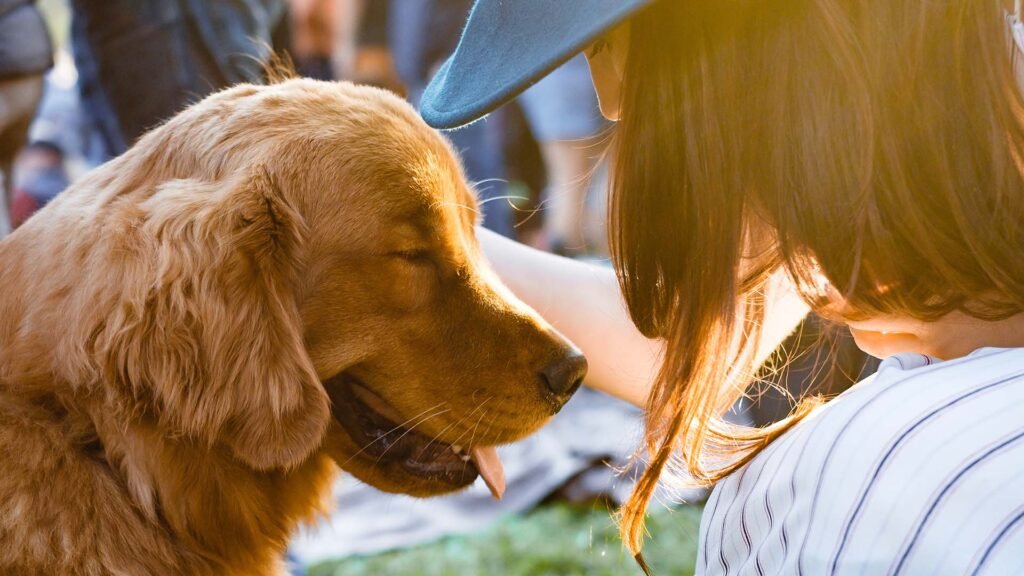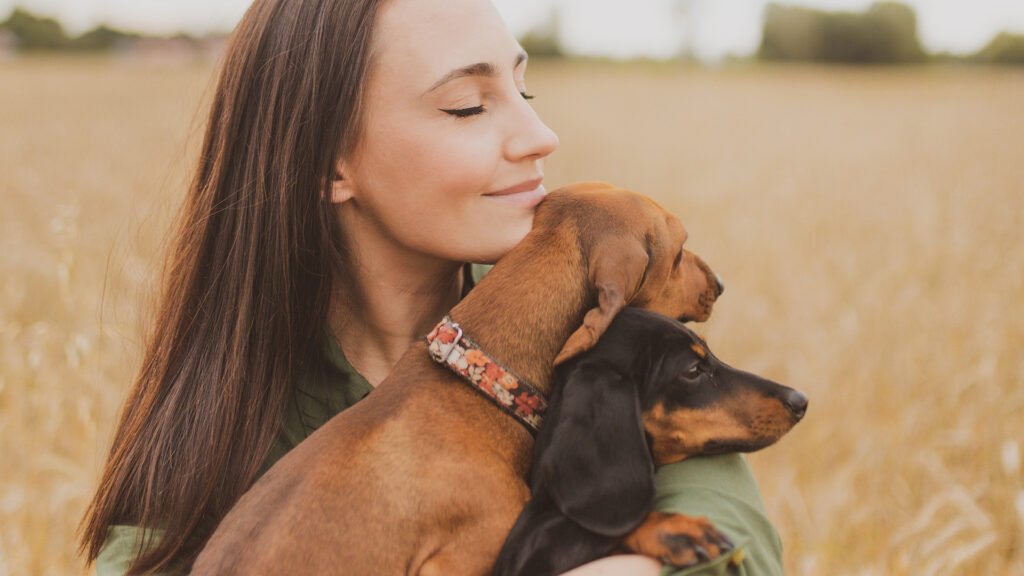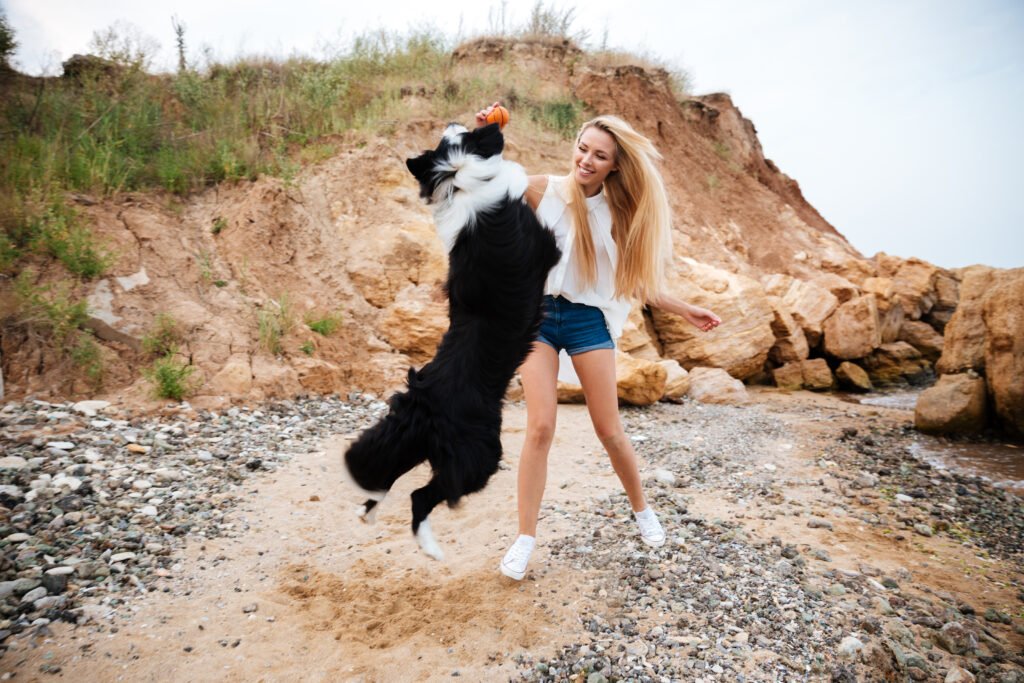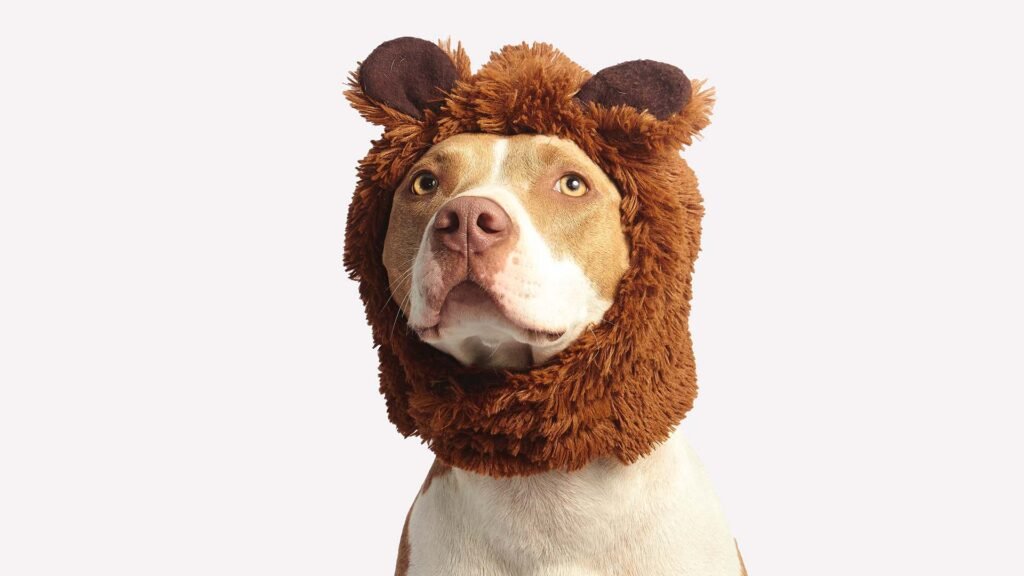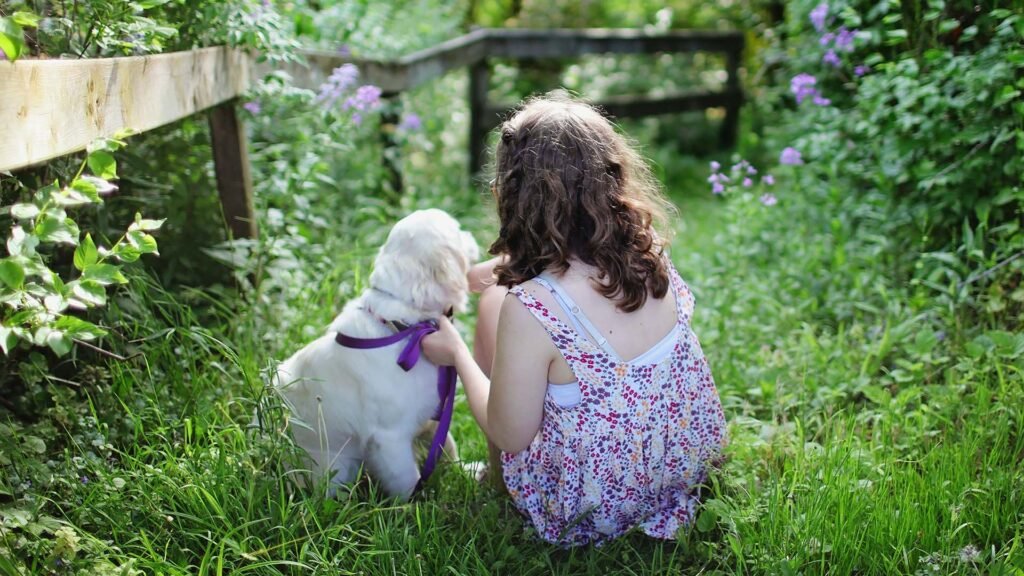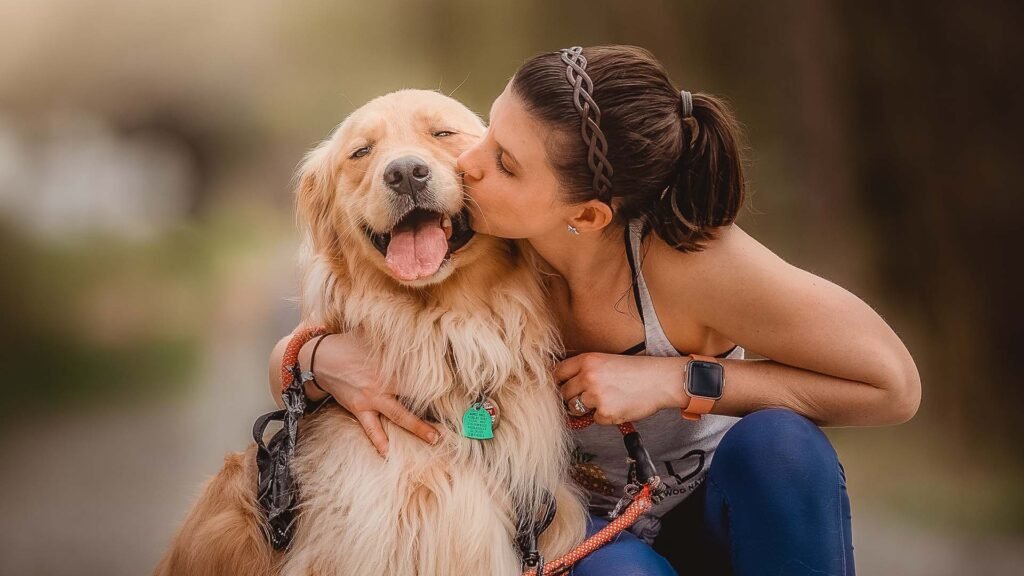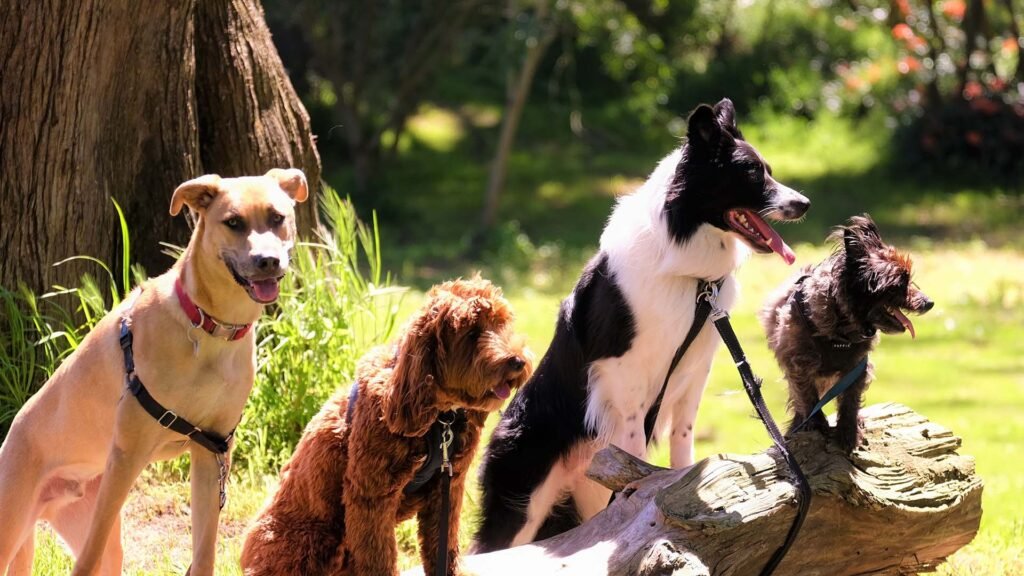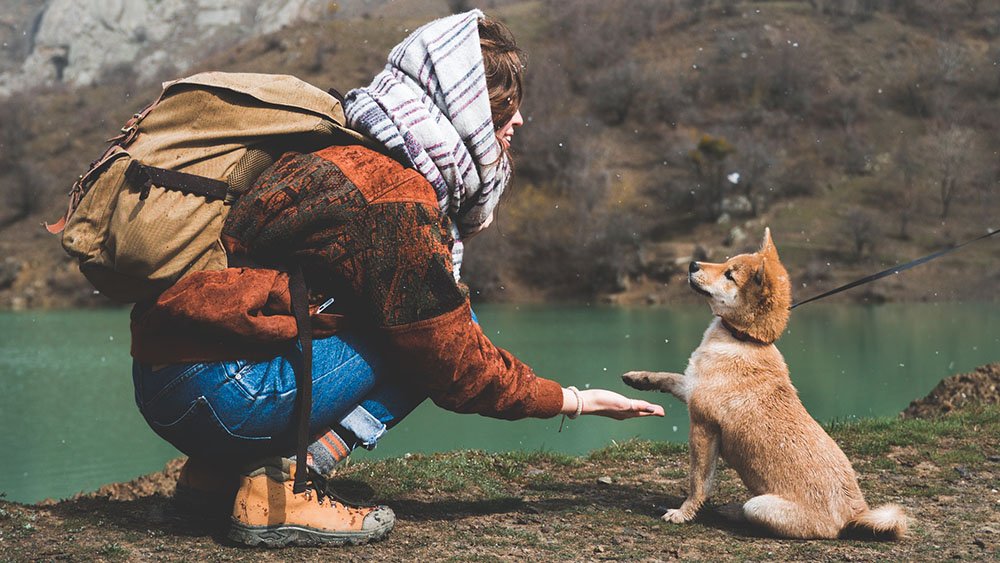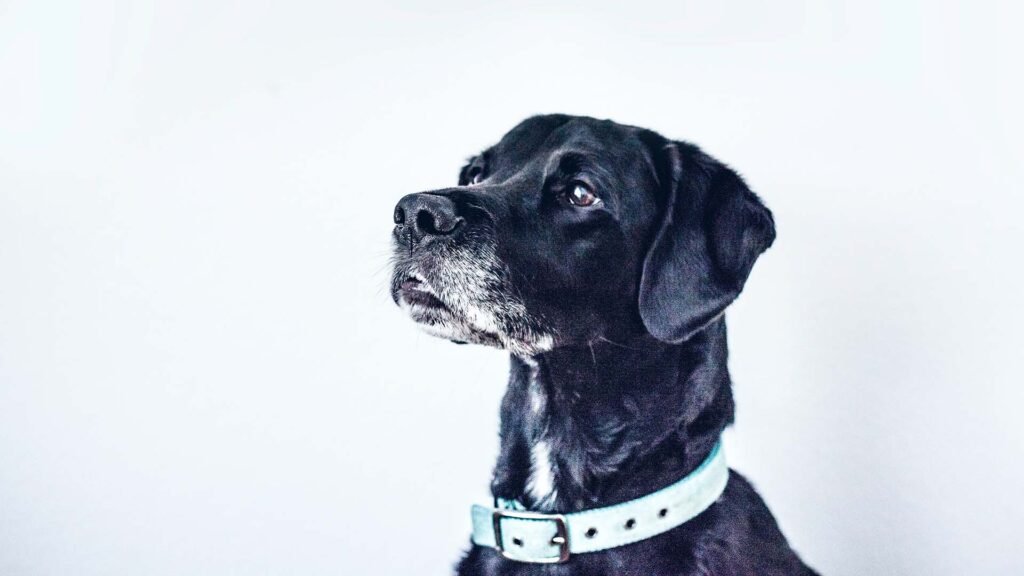The idea of “do dogs really love us” has been around since the dawn of time. Whether or not they truly care for us, our canine friends have always been there for us – whether it be jumping to our defence when we’re being attacked or providing us with unconditional companionship. In fact, a recent study has even suggested that dog behaviour can be used as a form of communication – meaning that pup’s seemingly random actions may actually be signs of love! So, does this mean we should start showering our pooches with kisses and petting every time they cross our path?
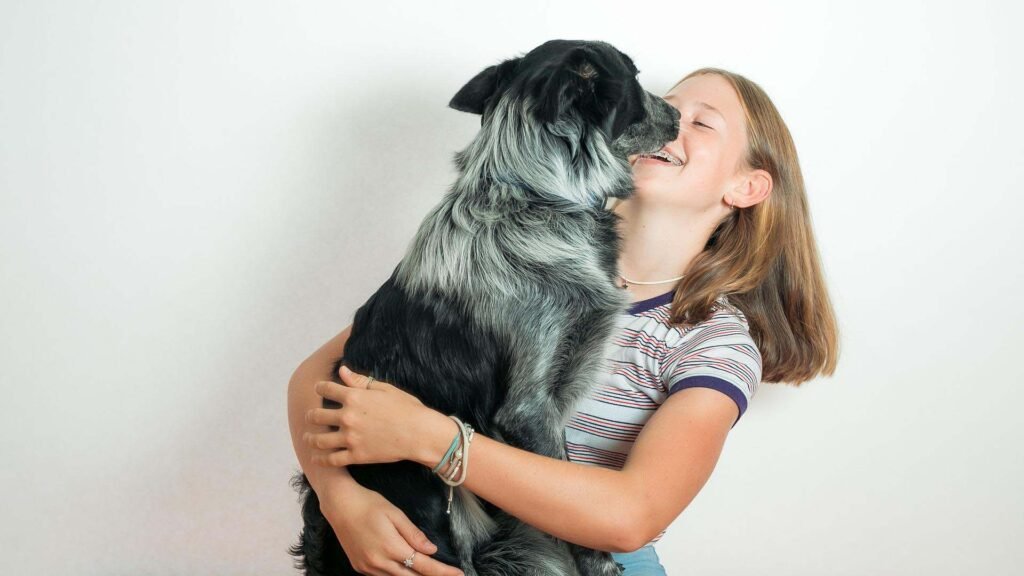
Dogs have been known to be loyal and loving companions to humans for centuries. They are capable of forming incredibly strong emotional connections with their human families and friends. Dogs often become the most important part of their human’s lives, providing companionship and love when needed the most.
Section 1: Dogs have been shown to exhibit signs of love and attachment to their owners
Dogs have been shown to exhibit signs of love and attachment to their owners. This has been studied and observed in a variety of ways, including through MRI scans that track the dogs’ brains when they are shown pictures of their owners. The scans have shown that when dogs see their owners, the same areas of the brain light up as when humans see people they love. This indicates that dogs do form strong emotional attachments to their owners and feel genuine love for them.
Section 2: Dogs respond positively to human interaction and touch

Dogs have been known to be very social animals and they enjoy human interaction. In a study done by researchers at the University of Portsmouth, it was found that dogs respond positively to human touch. The study showed that when humans petted or interacted with dogs, the dogs’ heart rates slowed down and they displayed positive body language. The study also found that when dogs were left alone, their heart rates increased and they displayed negative body language. This research could be useful for dog owners who want to know how to calm their dog down.
Section 3: Dogs engage in behaviors that show they care about their owners
Dogs are known for their loyal companionship, and new research suggests that this may be in part due to the dog’s understanding of human emotions. Dogs engage in a variety of behaviors that suggest they care about their owners, including gaze following, proximity seeking, vocalizations, and body language.

One study found that when owners looked away from their dogs while eating, the dogs were more likely to follow their gaze and beg for food. This suggests that dogs are sensitive to their owner’s emotional states and want to ensure they remain close by.
Dogs also use facial expressions to communicate with their owners. They will often tilt their head or raise an eyebrow when they want something, or when they are trying to understand a confusing situation.
Section 4: Dogs are capable of forming strong emotional connections with humans
Dogs are capable of forming strong emotional connections with humans. This is evidenced by the fact that dogs are often considered members of the family and are often treated as such. Dogs rely on humans for food, water, shelter, and love. In return, dogs provide companionship, love, and security. Dogs are able to read human emotions and often respond accordingly. For example, a dog may be more likely to wag its tail or offer a friendly greeting when it senses that its owner is happy.

Dogs have been known to show signs of depression when their owners leave them alone for long periods of time or when they are relocated to a new home. Dogs also have the ability to show signs of happiness when they are reunited with their owner after a long absence.
Section 5: Dogs are extremely social creatures that naturally want to be around people and other dogs.
A dog’s natural inclination is to be social. They want to be around people and other dogs. This is why it is so important for them to have plenty of exposure to different environments and social situations during their puppyhood. If they don’t get enough exposure, they may become anxious or aggressive when they’re in new situations as adults.

Dogs are some of the most social animals on the planet. They love being around people and other dogs. This desire to be around others is what makes them such great companions and pets. Dogs will instinctively try to get close to their pack members, whether that’s their family or another dog. This can be seen in how dogs play together – they’ll often form a pack and take turns playing the role of leader.
Conclusion: Dogs clearly love us and we should return that love
Dogs have been by our side for tens of thousands of years, and it’s clear they love us. A study by the University of Portsmouth found that dogs love their owners more than anyone else in their lives, including other family members.
The study also found that dogs were more likely to look at their owners when faced with a problem or scary situation than when looking at a stranger. This shows that dogs rely on their owners for comfort and support, and that we should return that love. Dogs provide us with companionship, loyalty, and unconditional love, and are often the first to greet us when we come home.

We should make an effort to spend time with our dogs and give them the attention they crave, because they truly are man’s best friend.
In conclusion, it would seem that dogs do indeed love us. However, as with all relationships, this one requires work from both parties. Dogs need to be taken for walks, fed, and given plenty of love and attention. In return, they provide us with companionship, loyalty, and sometimes even protection. So the next time you are feeling down, take a trip to your local shelter and bring home a furry friend to show you how much they really do love you.

